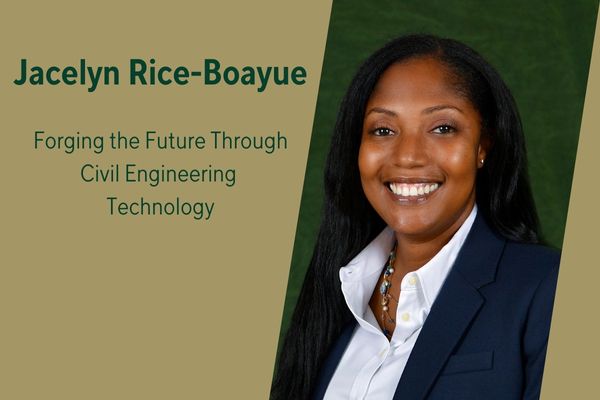Investigating Tiny Microorganisms For Large Scale Implications

Increasingly, people wonder how to make their surroundings – like a home – healthier. Now, with empirical evidence and engineering technology, researchers are investigating this on a broader scale, for example, in large corporate buildings and hospitals.
William States Lee College of Engineering Assistant Professor Jacelyn Rice-Boayue, along with colleagues from across campus and the state, are studying the environment inside buildings, detecting microbiomes and developing ways to keep our spaces healthier. Rice-Boayue’s work modeling tiny microorganisms will lead to significant public health implications on the larger environment.
Rice-Boayue is part of a research team focused on better understanding microbial communities. This team is the Engineering Research Center for Precision Microbiome Engineering, or PreMiEr, which is funded through a grant from the National Science Foundation.
“I look forward to supporting PreMiEr’s work in developing targeted ways to deliver bioparticles that can have positive health implications within indoor environments. We’ll focus our efforts on models to support the development of these delivery systems in a manner that minimizes their environmental impact.” – Jacelyn Rice-Boayue
Learn more on the studies, the PreMiEr Center and the NSF funding.